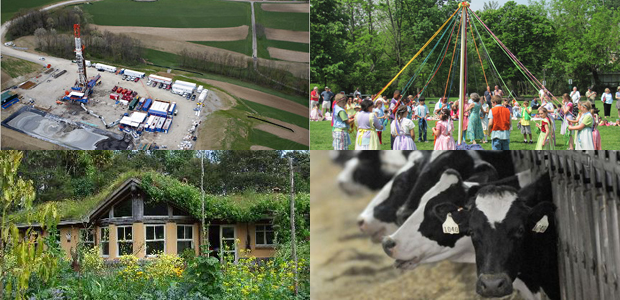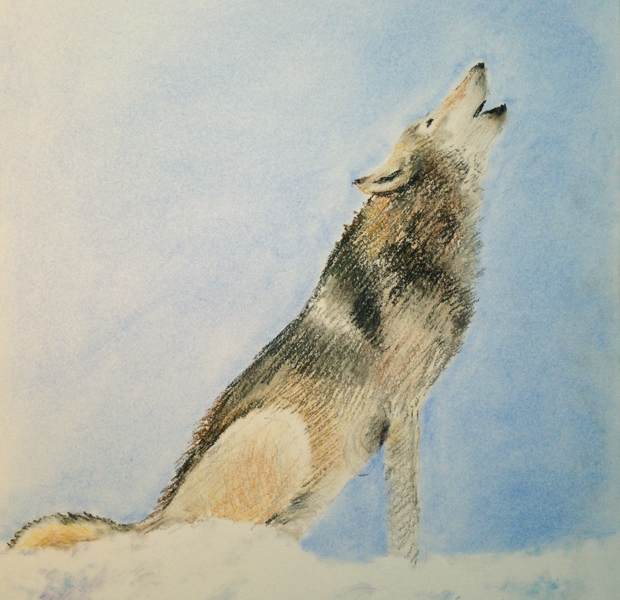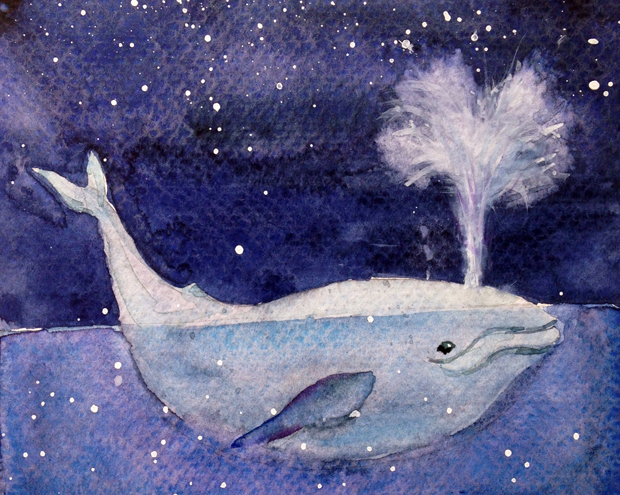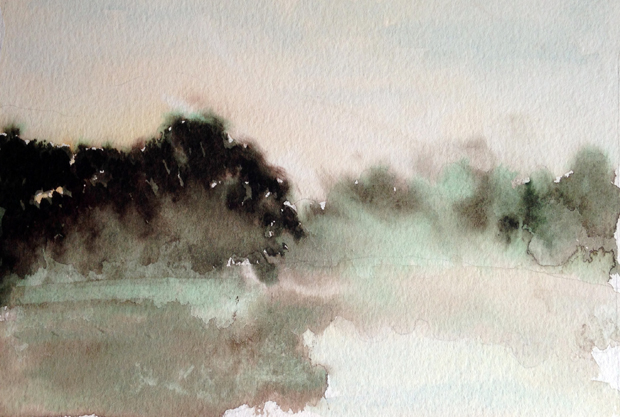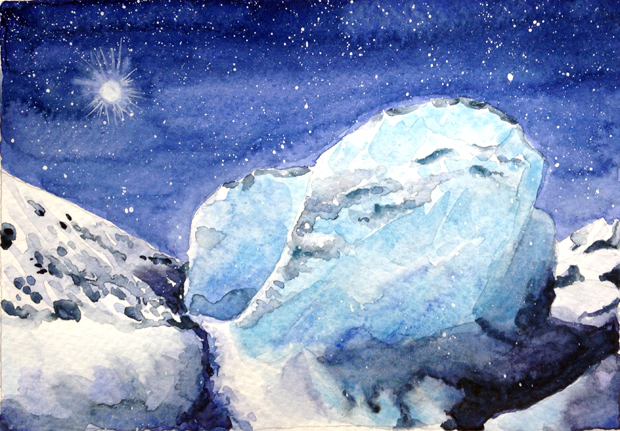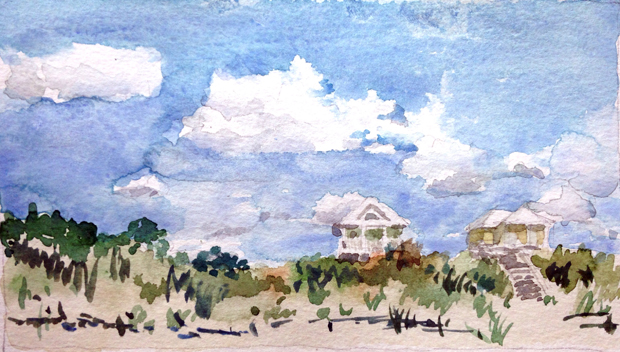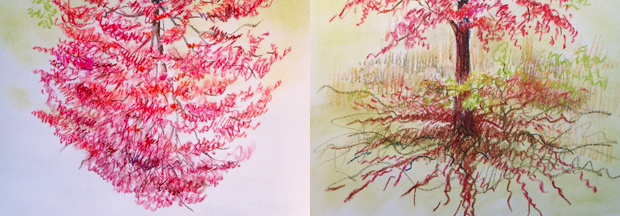 Economists and statisticians distinguish between correlation and causality. What if, one day a year, those two were switched? What if they switched once a month, or once a week? Maybe in the minds of the desperate, the distinction is meaningless.
Economists and statisticians distinguish between correlation and causality. What if, one day a year, those two were switched? What if they switched once a month, or once a week? Maybe in the minds of the desperate, the distinction is meaningless.
Two Swiss researchers found that when plankton levels in the ocean drop 10%, Somalian pirate activity ticks up a corresponding 10%. With the collapse of the fisheries they’ve relied on for generations, they are driven to find other uses for their boats.
Last year, earthquakes over magnitude 3.0 increased in Oklahoma from an average of less than two per year to 585. Bore holes from fracking chewed their lacy patterns into the earth’s mantle like termites under a house.
Years of drought in a country with poverty and ethnic and religious tensions destabilizes an already stressed situation and tilts the people into civil war, as well as making them easy prey for terrorist organizations. If they’re under authoritarian rule, this is even more likely. Continue reading

